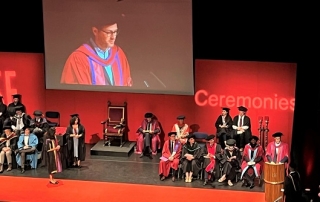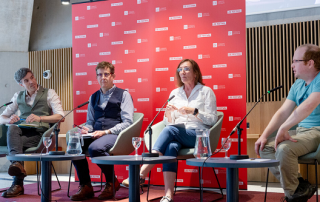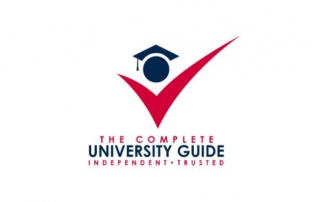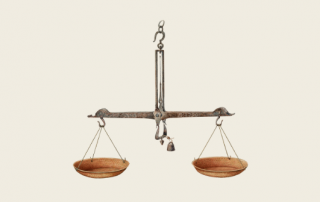LSE Philosophy welcomes Remco Heesen
We’re pleased to welcome Remco Heesen to the Department, who joins us in September 2023 as a new Assistant Professor.
Remco Heesen is a philosopher of science specialising in the social epistemology of science, seeking to understand how the social structure of science contributes to (or detracts from) its epistemic success. He uses a combination of rational choice […]












Connect with us
Facebook
Twitter
Youtube
Flickr